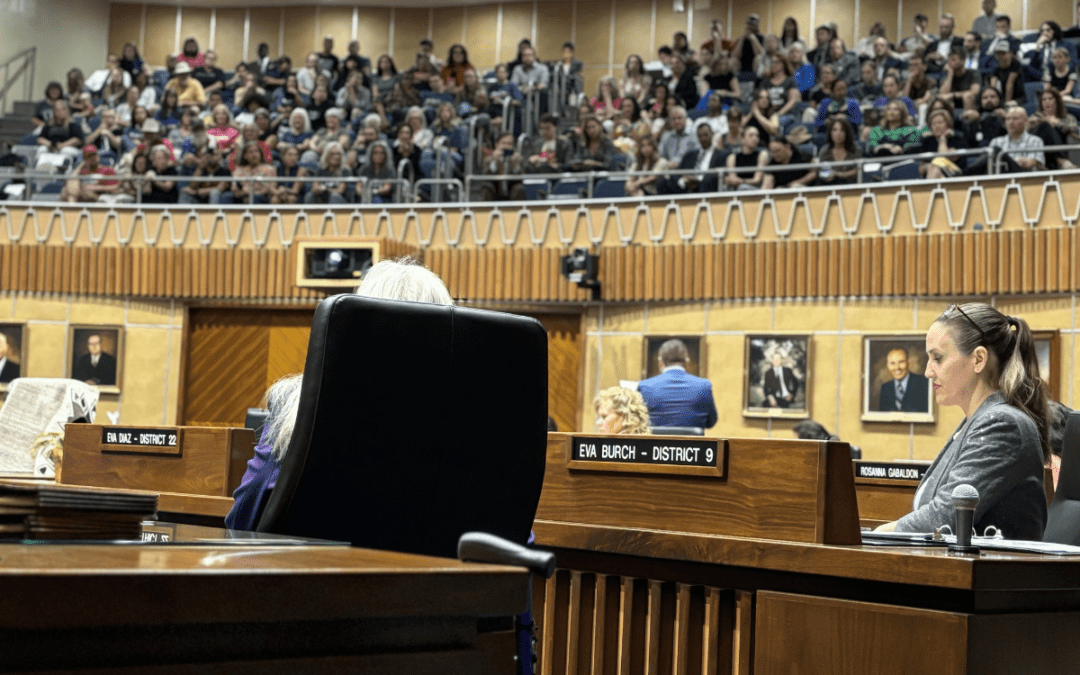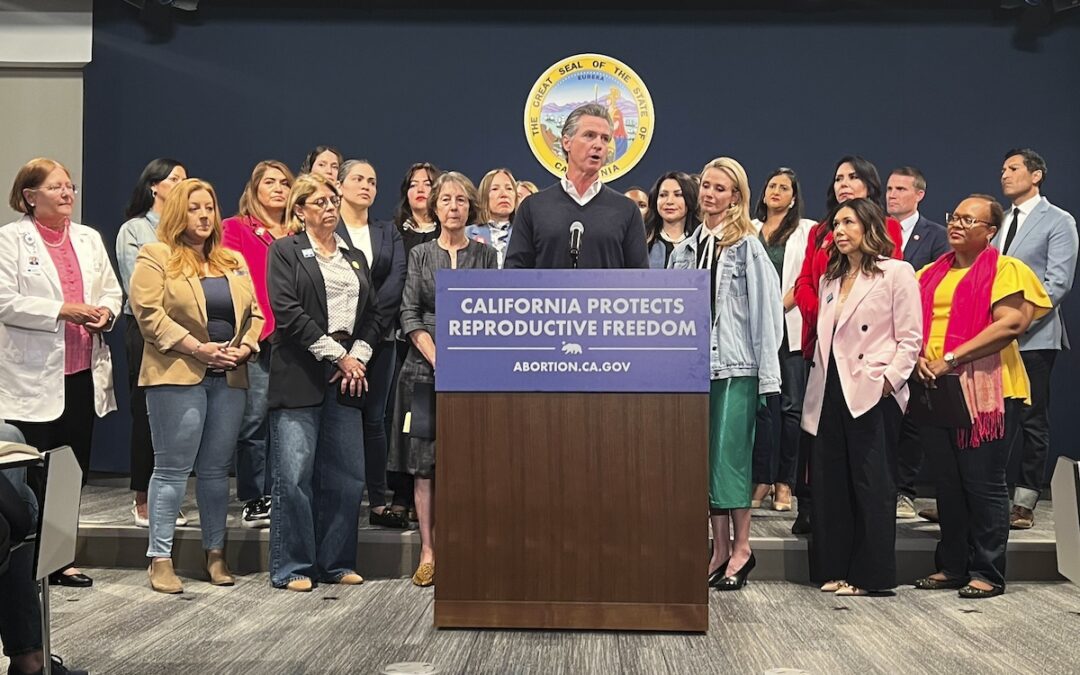
Lawmakers will soon vote on the Elijah E. Cummings Lower Drug Costs Now Act of 2019, one of four critical bills addressing rising health care and prescription costs.
Update: On December 12, the House voted to pass H.R. 3.
Next week, the U.S. House of Representatives is expected to vote on a bill that could help Arizonans, especially Medicare D enrollees, save money on their prescription drugs. Initial evaluations of the bill indicate a Medicare savings of $345 billion over a decade and non-Medicare patient savings of $158 billion over the same time frame.
House lawmakers released a statement saying they plan to bring the Elijah E. Cummings Lower Drug Costs Now Act of 2019, a bipartisan bill introduced on Sept. 19, to the floor for a full vote after receiving a full analysis from the Congressional Budget Office.
The bill is one of four introduced by lawmakers to address rising prescription drug costs.
“In this time of hyper-partisanship, the only way we can fully address real issues impacting the American people is to identify common sense, bipartisan solutions that can be implemented into law,” said Rep. Tom O’Halleran (D-AZ) in a statement. “The rising cost of prescription drugs often forces hardworking families to choose between life-saving medications and putting food on the table.”
That is unacceptable, O’Halleran added.
If passed, the bill will:
- lower the costs of prescription drugs by allowing the negotiation of prices and capping of out-of-pocket expenses
- require drug manufacturers to issue rebates for covered drugs that cost $100 or more
- reduce annual out-of-pocket spending and eliminate beneficiary cost-sharing
In a recent op-ed for The Copper Era, O’Halleran explained that, as of 2017, an older adult who used brand-name prescription drugs likely experienced an average annual retail cost of more than $30,000, exceeding the median annual income of $26,000 for individual Medicare beneficiaries.
From 2012 to 2017, he added, the average annual cost of prescription drugs increased by more than 50 percent, while the annual income for Arizonans only increased by 12 percent.
Because of these numbers, many Arizonans are speaking out against rising prescription and healthcare costs.
“This year, I’ve held 26 town halls across Arizona’s First Congressional District,” O’Halleran said in the op-ed. “At each and every one, I hear from families, seniors and veterans who are concerned about the overwhelmingly high costs of their prescription drugs.”
During a phone town hall in November, Arizonans shared their concerns with Sen. Martha McSally (R-AZ) on high prescription and healthcare costs. She told attendees she is working on holding pharmaceutical companies accountable, and bipartisan legislation that will bring cost relief to Arizonans; however, she has not committed to supporting H.R. 3.
“We appreciate the initiative,” McSally said previously when asked about the bill. “There are a lot of really good things in that legislation and we’re making sure there’s not any unintended consequences. But we appreciate the intent.”
Though when asked, McSally declined to say that she would support the bill.
Overall, the bill, originally introduced by Sens. Chuck Grassley (R-IA) and Ron Wyden (D-OR), has sweeping Democratic support, but some Republicans have taken issue with a provision that would cap drug prices paid by Medicare based on the rate of inflation.
Pfizer, one of the world’s largest pharmaceutical companies, is urging lawmakers to reject H.R. 3. Company officials claim the bill is dangerous because it “holds drugs hostage” and “gives government too much power.”
Nancy LeaMond, AARP executive vice president and chief advocacy and engagement officer, said in an agency article that the organization supports allowing Medicare to negotiate and use its bargaining power to get a better deal for beneficiaries on the highest-priced prescriptions and those with little or no market competition.
“We urge the House of Representatives to pass this legislation that will help lower drug prices and out-of-pocket costs that older Americans are struggling to afford,” LeaMond said. “There is no reason Americans should be paying the highest drug prices in the world.”
Politics

Democrats successfully force vote on repealing 1864 abortion ban, passes House
The Arizona legislature moved forward two bills Wednesday that would repeal the state’s 1864 abortion ban. A bill to repeal the ban has been...

State Official: 1864 abortion ban gives Arizona ‘black eye’
Arizona’s role at the forefront of the climate crisis, defending democratic elections, and protecting reproductive rights has caught the attention...
Local News

Arizona Sens. Anthony Kern, Jake Hoffman, indicted for fake election scheme
Eighteen individuals involved in a conspiracy to overturn Arizona’s election results in 2020 were indicted by a grand jury Wednesday and charged...

Gov. Gavin Newsom wants to let Arizona doctors provide abortions in California
California law generally allows abortion up to the point of fetal viability, which is around 24 weeks. SACRAMENTO, Calif. (AP) — Arizona doctors...




